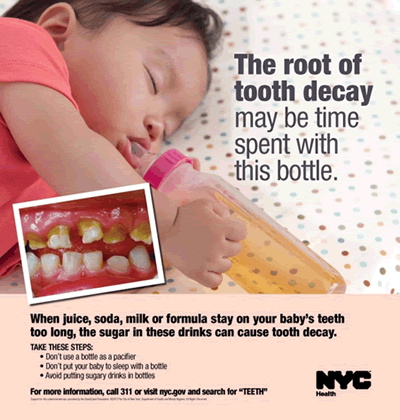Oral health plays a crucial role in an individual’s overall well-being. It is not only essential for maintaining a beautiful smile, but it also contributes to preventing various diseases. Poor oral hygiene can lead to a range of health issues, including cardiovascular disease, respiratory infections, and even diabetes. Therefore, promoting oral health is vital for disease prevention and improving overall quality of life.
The Importance of Good Oral Hygiene
Good oral hygiene practices, such as regular brushing, flossing, and dental check-ups, are key to maintaining optimal oral health. Brushing at least twice a day helps eliminate plaque and prevents the buildup of harmful bacteria in the mouth. Flossing removes food particles and plaque from between the teeth, preventing tooth decay and gum disease.
Preventing Tooth Decay
Tooth decay, also known as dental caries, is a common oral health problem that affects people of all ages. It occurs when the bacteria in the mouth break down sugars and produce acids that eat away at the tooth enamel. Regular dental check-ups, coupled with effective oral hygiene practices, can significantly reduce the risk of tooth decay. Dentists can detect early signs of decay and recommend treatments to prevent further damage.
Gum Disease Prevention
Gum disease, also called periodontal disease, is a serious condition that can lead to tooth loss if left untreated. It happens when plaque buildup causes inflammation and infection in the gums. Maintaining good oral hygiene is crucial in preventing gum disease. Additionally, regular visits to the dentist for professional cleanings and check-ups can help identify and treat gum disease in its early stages.
Oral Health and Systemic Diseases
Scientific research has revealed a strong link between oral health and various systemic diseases. Poor oral hygiene can contribute to conditions like cardiovascular disease, respiratory infections, diabetes, and even pregnancy complications. The bacteria in the mouth can enter the bloodstream and travel to other parts of the body, causing inflammation and negatively impacting overall health. By promoting good oral hygiene practices, the risk of developing these diseases can be significantly reduced.
Oral Health Tips for Disease Prevention
1. Brush your teeth twice a day with fluoride toothpaste for at least two minutes each time.
2. Floss daily to remove plaque and food particles from between your teeth.
3. Use mouthwash to rinse your mouth and kill bacteria that cause bad breath.
4. Limit sugary foods and drinks, as they contribute to tooth decay.
5. Avoid tobacco products, which can lead to oral cancer and gum disease.
6. Eat a well-balanced diet rich in vitamins and minerals for strong teeth and gums.
7. Visit your dentist regularly for check-ups, professional cleanings, and early detection of dental issues.
Conclusion
Promoting oral health is not only important for maintaining a bright smile but also for disease prevention. By ensuring good oral hygiene practices and regular dental check-ups, individuals can significantly reduce the risk of tooth decay, gum disease, and other systemic diseases. Taking care of one’s oral health is an investment in overall well-being and overall quality of life.

